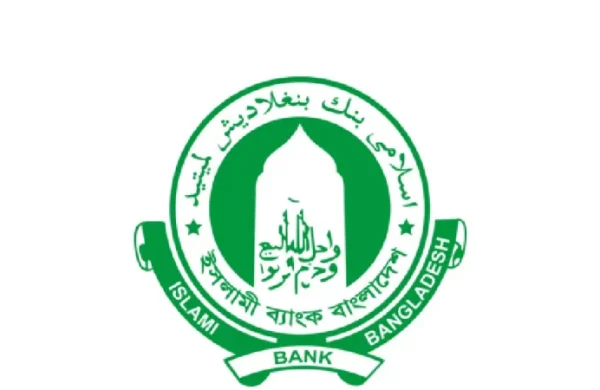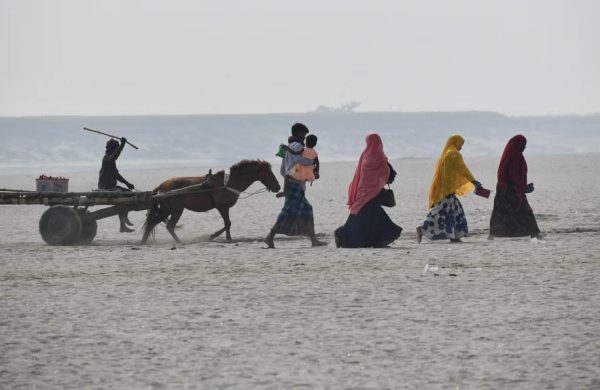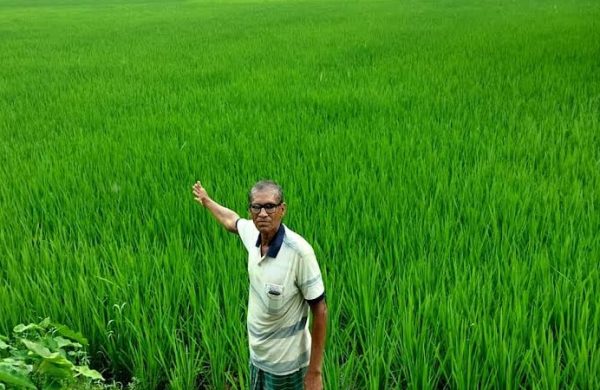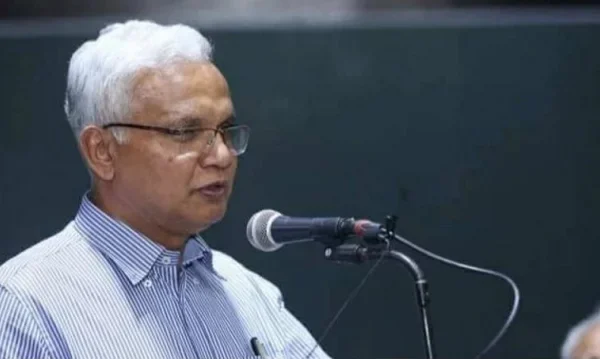Sirajganj’s 68MW solar park supplies uninterrupted power
- Update Time : Thursday, September 11, 2025
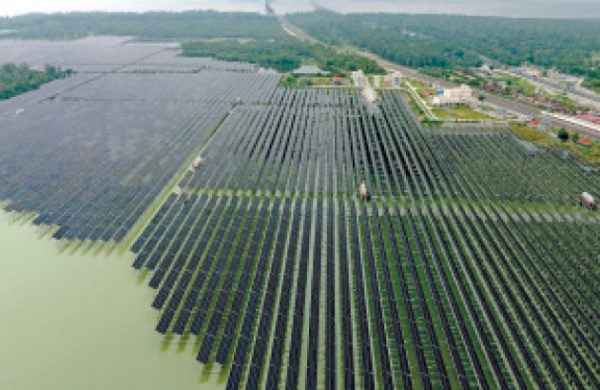
Staff Correspondent:
Bangladesh’s biggest solar power project in Sirajganj has proven both its capacity and resilience by uninterruptedly supplying electricity to the national grid, overcoming the obstacles posed by rising floodwaters in the surrounding areas.
Since going into full commercial operation in mid-2024, the plant has become a cornerstone of the country’s clean energy landscape.
Spread over more than 200 acres on the banks of the Jamuna, the plant carries around 68MW of installed capacity, supported by thousands of panels mounted on raised foundations. This elevated construction has kept the facility safe from
this year’s monsoon flooding, allowing power to flow uninterrupted while nearby fields remain submerged.
Engineers describe Sirajganj’s 68MW solar park as a climate-smart project, demonstrating how renewable infrastructure can be designed to adapt to the country’s flood-prone geography.
Bangladesh still relies heavily on fossil fuels, particularly natural gas and imported coal, but the government has pledged to transform its energy mix. By 2041, the country aims to generate at least 40% of its electricity from clean sources, with solar expected to provide the lion’s share, according to the Integrated Power and Energy Master Plan (IEPMP).
In a bid to advance this goal, the Sirajganj solar park was developed not only as a power plant, but also as a blueprint for resilience. Its performance during the floods underscores the potential of renewable energy to not only reduce emissions but also withstand the environmental shocks that Bangladesh faces every year.
Anik Talukder, account assessment officer of Sirajganj Solar Power Plant, said the plant started producing electricity with its full capacity last year. Their power generation capacity fluctuates due to natural issues like cloudy weather, but such issues don’t affect their overall performance a lot.
“We have taken the land area for the project from Bangladesh Bridge Authority (BBA) and we are using the land during winter to produce vegetables, like pumpkin, peanut, and taro, which is also a positive side of this project,” the official added.


